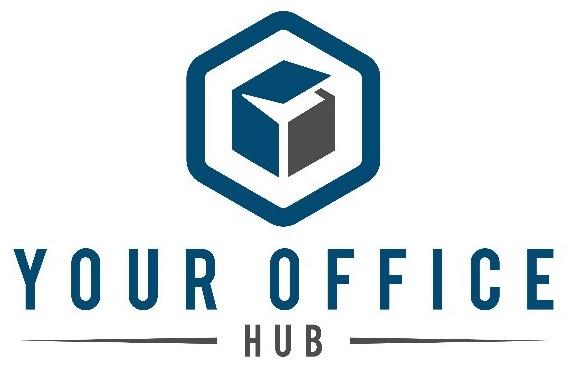In today's digital landscape, phishing scams remain a formidable threat to businesses, large and small. These deceptive tactics are designed to trick employees into divulging sensitive information, such as passwords, company data, or financial information. Educating your team on recognizing and handling phishing attempts is crucial for safeguarding your business's digital assets. Here’s a comprehensive guide to fortifying your defenses against phishing scams, and how ensuring your software, such as Microsoft licenses from YourOfficeHub.com, is genuine plays a critical role in your overall security strategy.
Understanding Phishing Scams
Phishing scams typically involve fraudulent emails or messages that mimic legitimate communications from trusted sources, like banks, suppliers, or even internal departments. These messages often urge recipients to take immediate action, such as clicking on a link or downloading an attachment, which can lead to malware infections or data breaches.
Key Tips to Recognize Phishing Attempts
-
Scrutinize the Sender’s Information: Teach employees to check the sender's email address carefully. Phishers often use addresses that closely resemble legitimate ones, with small, easily overlooked discrepancies.
-
Look for Urgent or Threatening Language: Phishing attempts frequently employ urgent language to provoke quick action without careful consideration. Warnings of account closures or unauthorized access are common red flags.
-
Examine Links Carefully: Before clicking on any links, hover over them to preview the URL. If the link address looks suspicious or does not match the purported website, it's likely a phishing attempt.
-
Be Wary of Unsolicited Attachments: Employees should be cautious about opening email attachments, especially from unsolicited or unknown emails. Attachments can contain malware that can automatically download onto your system.
Effective Training Methods
-
Regular Training Sessions: Conduct regular training sessions to familiarize employees with the latest phishing tactics and preventive strategies. Include practical examples and quizzes to test their knowledge.
-
Simulated Phishing Tests: Use simulated phishing exercises to provide employees with a safe environment to practice recognizing and reacting to phishing attempts. This helps reinforce their training and shows where additional guidance is needed.
-
Create a Reporting Process: Establish a clear process for reporting suspected phishing attempts. This not only helps contain potential threats but also enhances communal vigilance.
The Role of Genuine Software in Protecting Against Phishing
Using genuine software is fundamental in safeguarding your systems from the vulnerabilities that phishing scams often exploit. Here’s how genuine Microsoft licenses contribute to your security measures:
- Security Updates: Genuine Microsoft software provides regular security updates that protect against the latest threats, including those delivered via phishing scams.
- Enhanced Security Features: Tools like Windows Defender, which comes with genuine Windows installations, offer robust protection against malware and phishing attempts.
- Reliable Support: With genuine licenses, you gain access to Microsoft’s support resources, which can assist in diagnosing and resolving security issues quickly.
Conclusion
Phishing scams can significantly undermine your business's security. By educating your employees and ensuring they are equipped with the tools they need to recognize and handle these threats, you create a robust first line of defense. Remember, part of maintaining a secure IT environment is ensuring that all your software is genuine and up-to-date.
Visit YourOfficeHub.com to purchase genuine Microsoft licenses. Secure your business with the best defenses software can offer and keep your data and operations safe from cyber threats. Equip your team with the knowledge and tools they need to protect themselves and your business effectively.

